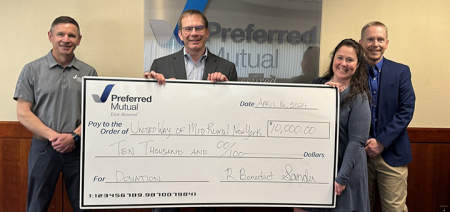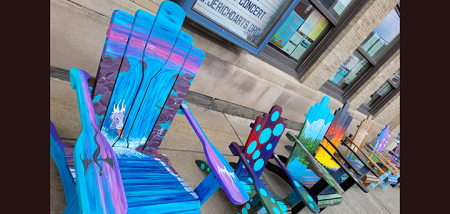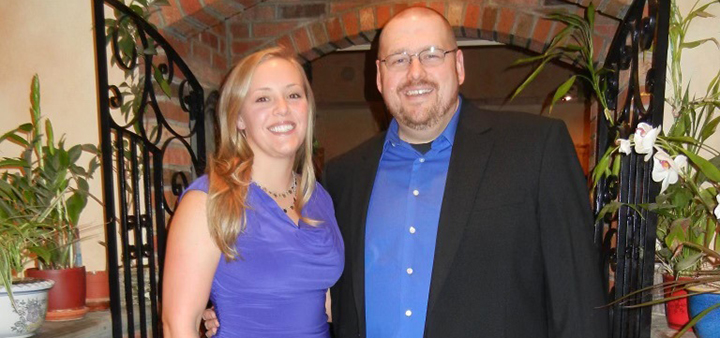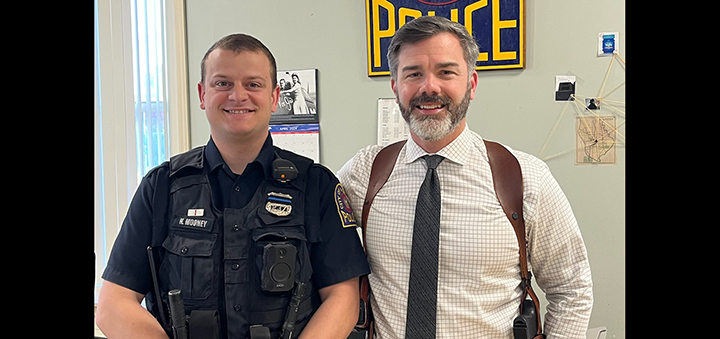When A Problem Becomes Petty
Published:
November 14th, 2013
By:
Shawn Magrath
This weekend, my wife will be hosting a bag party. A bag party, if you're not familiar with the wonderful world that is the young female’s idea of a “fun,” is when my wife kicks me out so a group of 20 or so women can come into our one-bedroom apartment and ogle over handbags, or something stupid like that.
The problem is that a one-bedroom apartment plus 20 bodies equals a seating issue. Twenty people is a lot to seat for a small place with hardly enough room for the couch, love seat and three chairs at the kitchen table.
That, thus far, is the worst thing that's happened to me in the last week... A potential chair shortage.
To me, it seemed like a legitimate problem. It wasn't until a 20-foot wave swept over the Philippines that my problems were really proven to be mere hiccups – minor inconveniences at best.
Typhoon Haiyan leveled areas of the Philippines last weekend, leaving in its wake a death toll approaching 2,000 and at least another 500 are expected. Hundreds of thousands have been displaced. Food is becoming scarcer as is fresh water and shelter, and the possibility of violent riots and anarchy is becoming more of a threat every passing minute.
Weather trends like this are sadly becoming the new normal, costing millions of dollars in damages and worse, claiming thousands of human lives. Immediately after the wave eroded the coastlines of the Philippines, it seemed every other American controversy was downgraded in significance: the nationwide disdain of more retailers opening on Thanksgiving Day this year; Bullying in the NFL; the FDA’s push to remove trans fats from grocery store shelves; and even the disfunctional Affordable Health Care website. They all took a spot on the back burner so we could turn our attention to real problems.
It's amazing how quickly a phenomenal natural disaster can put things into perspective. In just a few short hours, what we thought were problems suddenly weren’t and we were presented with an unthinkably dark chapter of human history. Haiyan flattened cities and ruined lives, and the good news – if there is any – is the number dead is well below the 10,000 originally feared dead.
If there’s any more good news, it’s that Haiyan presented an opportunity for the United States to show the world it’s more than a nation where government’s only function is to beat the drums of war. Foreign aid is often times a tough sell to legislators, especially while our own country continues its struggle to bounce back from one of the worst recessions in U.S. history. Nevertheless, news of the storms apocalyptic destruction caused the U.S. and several other nations to immediately dispatch relief supplies and military to help, and hundreds of thousands of volunteers from all over the globe are following suit.
There are people who believe that humans are born with an inherent evil. Conversely, some choose to believe humans are intrinsically good. Ironically enough, most choose to believe in the latter – yet more times than not, it’s the evil that shines through. With this week’s almost instantaneous response to send aid to victims of Haiyan, we have shown that – in spite of all the negative – there’s a little bit of positive in our society. We were quick to realize that most of our so-called problems aren’t really problems at all. Real issues are the ones that are beyond our control; the kinds of challenges that leave an unmistakable, longlasting mark on us and force us to band together for the better good of humanity.
In perspective, problems like that in the Philippines make me embarrassed for chair shortage dilemma.
Author: Shawn Magrath - More From This Author
Comments





